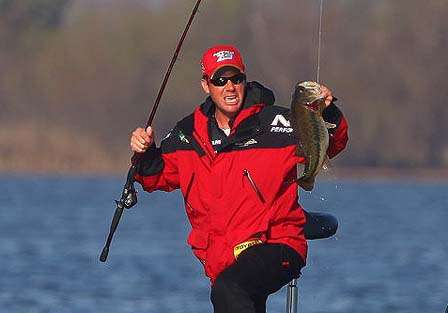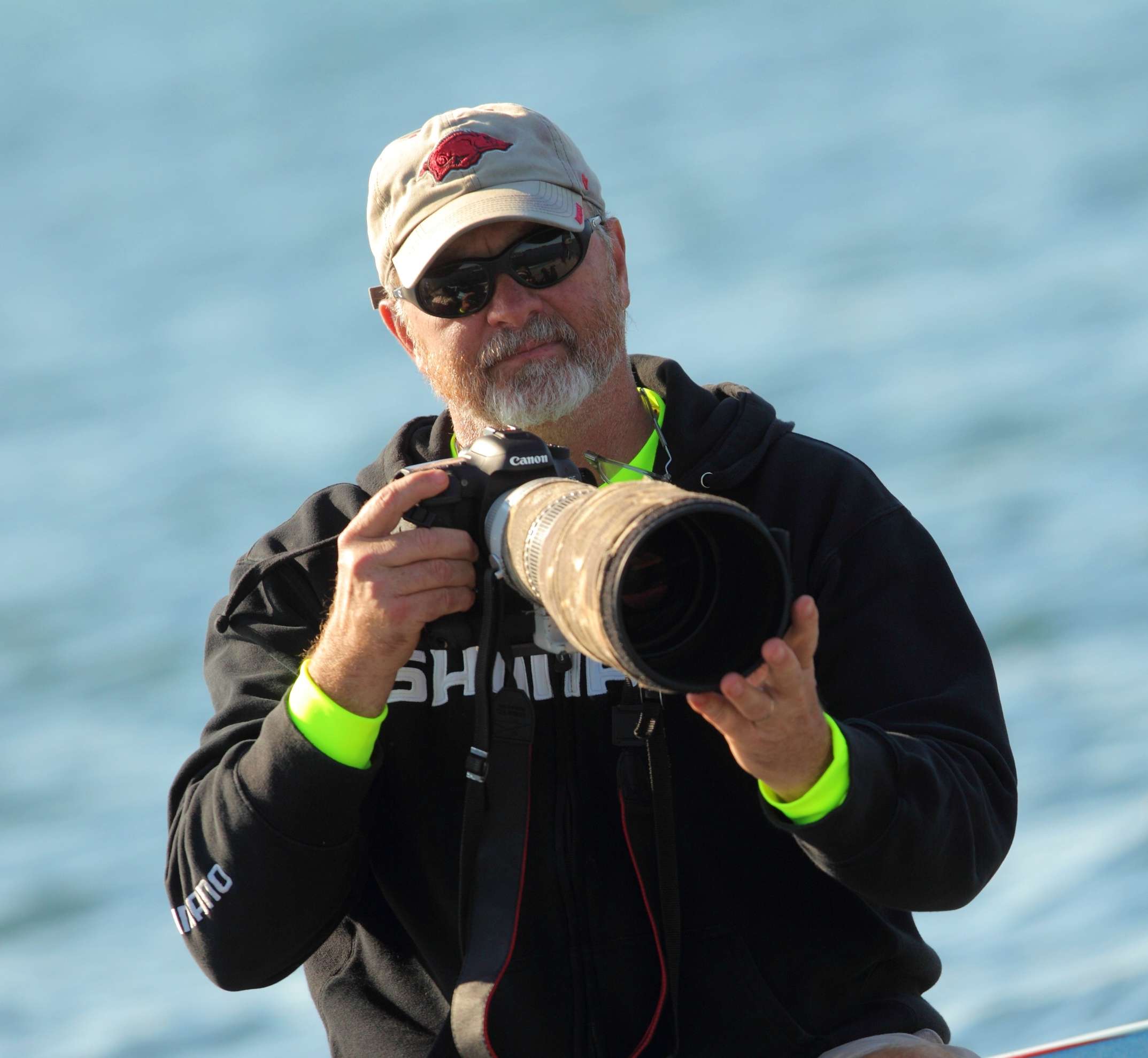
Bass fishermen are fond of referring to "timing" as a key piece of a puzzle when breaking down a potential winning pattern. It also becomes a wonderful excuse when you don't catch them.
"My timing was off," "I zigged, when I should have zagged,'' or "I need to switch up my timing." All of those sentences were uttered at the 2011 Bassmaster Classic on the Louisiana Marsh.
Those comments are so subjective that the casual angler, even the not so casual, often simply nods the head and inwardly thinks "what does that really mean?"
This latest Classic, though, with the help from BASSTrakk, shows us all too well exactly how important timing really is in a tournament. Going into the event, the prevailing thought from locals and competitors alike was that the Venice area would produce the top six or seven stringers, along with the winning weight. Other places like Bayou Black, Des Allmands and Cataouatche, would account for the rest.
Then a crazy thing called "timing" stepped into the equation. Cold fronts, fog, screwy tides and any number of other things started messing with the timepieces of anglers and fish alike. It's not news that Lake Cataouatche thumped some butt in this Classic, forcing the aforethought greatness of Venice into the back of the minds of bass fishing faithful everywhere.
Take a look at some statistics gathered from BASSTrakk and you see a little more clearly how that "timing" really affected this event. One of the more interesting things about the fish catching that was taking place on Lake Cataouatche was the large concentration of fish that anglers said, "were constantly moving into the area" as the tournament progressed.
They often used the word "waves" as a description of that movement. Catch rates certainly back up that portrayal. According to BASSTrakk, especially on the final day of the Classic, that wave of fish moved in like clockwork.
Most of the anglers in the lake would report catches in about a 5- to 10-minute interval. Photos and video show that several times during the day there was actually back-to-back catches going on all over the place. Then things would cool for an average interval of about 45 minutes. And all of the sudden the timing would get right once again and that 5- to 10-minute spurt of fish-catching action would pick up. The end result was perfect timing for those who chose to sit there and wait them out. Of course, not every one did that.
On Day One, there were 17 anglers fishing in Lake Cataouatche, another 20 who made the trip to Venice, one went to Bayou Black, one went to Delacroix and the remaining 12 were mixed in from Des Allemands to Bayou Segnette. At the end of the day, six of the top 10 were running to Venice, and the other four were in to Lake Cataouatche, including the top three (Aaron Martens, Scott Rook and Kevin VanDam).
By Day Two, the landscape started to change, as did the timing: 20 anglers were in Lake Cataouatche. Because of a fog delay, only 18 went to Venice, one went to Bayou Black and the remaining 11 were mixed in and around Bayou Segnette. The change, though, started shaping up in the standings. Of the day's top 10 weights: Five were from Lake Cataouatche and five were from Venice, with the first showing of a Venice angler (Brent Chapman) in the top three. By Day Three, when the fields were cut to the final 25, there were 15 anglers in Lake Cataouatche and 10 in Venice.
Among the top 10, six fished in Lake Cataouatche and four from Venice. The top four were all in Cataouatche. There was a strong reason for that. Although many folks viewed other places as being the Promised Land, Cataouatche proved that when the timing is right, it's just hard to beat.
Cold conditions in practice produced few bites there, but the warming trend turned that area on, and just in time. Many anglers said if things hadn't have heated up there, Venice would have produced the 2012 Classic winner. Catch statistics show that, on average, every bass caught out of Cataouatche weighed .59 pounds heavier than those caught in other parts of the Delta. Anglers who went to Cataouatche and fished there all three days had 6.35 extra hours of fishing time.
During that time the anglers in the top 10 produced 341.96 pounds in limits from Cataouatche vs. 193.36 pounds from Venice. The disparity came in the form of individual fish: Each fish from Cataouatche averaged 3.79 pounds, while each fish from Venice averaged 3.2 pounds. And the largest bass came from Cataouatche.
They included: two 8-pounders, one 7-pounder, four 6-pounders and eight 5-pounders. Timing really is everything. The sad part of that for a bass angler though, is like the weather and all the other factors that have to be controlled, timing just keeps ticking away at its own pace.





